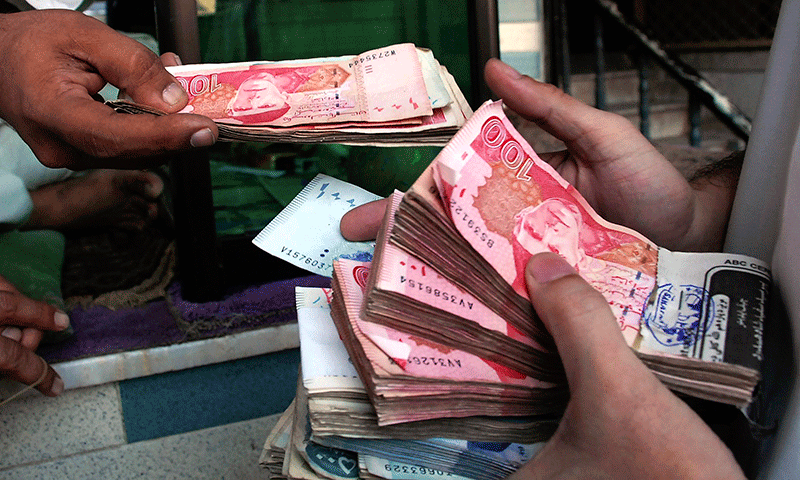KARACHI: After Moody’s and Fitch, the S&P Global Ratings on Thursday revised the outlook on Pakistan’s long-term ratings to negative from stable.
The S&P affirmed its ‘B-’ long-term and ‘B’ short-term sovereign credit ratings on Pakistan, as well as ‘B-’ long-term issue rating on the country’s senior unsecured notes and Sukuk Trust Certificates.
“Pakistan’s external position weakens against a backdrop of higher commodity prices, tighter global financial conditions, and a weakening rupee,” said the agency.
The agency said that it could lower its ratings if Pakistan’s external indicators continued to deteriorate, but the outlook could be revised to stable if its external position stabilises and improves.
Evidence of improvement could include a sustained rise in usable foreign exchange reserves. Pakistan’s domestic demand continues to recover, it is now facing a new challenge in the form of rising prices, particularly for staple goods, said the agency.
“Prevailing price dynamics, including costlier edible oils, fuel, electricity, and grains, are likely to hurt the pace of private consumption growth in the current fiscal year ending June 2023,” said the agency.
“The Pakistan government has considerable external indebtedness and liquidity needs, and an elevated general government fiscal deficit and debt stock,” it said.
“Prevailing price dynamics, including costlier edible oils, fuel, electricity, and grains, are likely to hurt the pace of private consumption growth in the current fiscal year ending June 2023,” it said.
The S&P said while Pakistan’s domestic demand continues to recover, it is now facing a new challenge in the form of rising prices, particularly for staple goods.
“Although the impact of these more difficult macroeconomic conditions has been partially mitigated by various reform initiatives undertaken by the government over the past few years, the risk of continued deterioration in key metrics, including external liquidity, is rising,” the agency said.
“However, the current inflationary environment complicates the implementation of such policies. Achieving a primary fiscal balance surplus, and boosting its stock of foreign exchange reserves, will also be more difficult for the government to achieve against the current external backdrop,” said the agency.
The S&P said that with parliamentary elections due by August 2023, political uncertainty will remain elevated over the coming quarters.
It said that although Pakistan’s security situation has gradually improved over recent years, ongoing vulnerabilities weaken the government’s effectiveness and weigh on the business climate.
Published in Dawn, July 29th, 2022












































